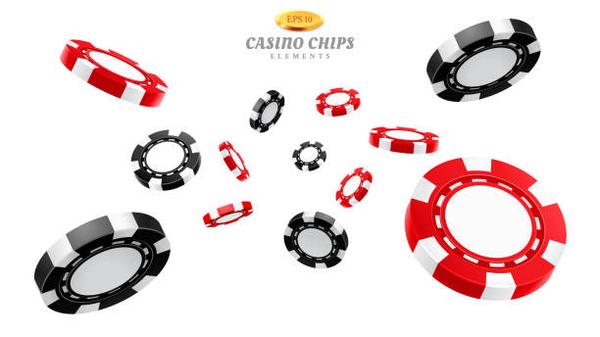Poker is a game that requires not only skill and strategy but also emotional intelligence. In order to be successful at the poker table, players must be able to control their emotions and reactions in high-pressure situations. Emotional intelligence, or the ability to recognize and manage one’s own emotions as well as those of others, is crucial for making good decisions in poker.
One of the key aspects of emotional intelligence in poker is being able to stay calm and composed even when faced with difficult situations. Whether it’s a bad beat, a tough opponent, or a series of losses, maintaining emotional control is essential for making rational decisions at the table. Players who let their emotions get the best of them are more likely to make mistakes and lose money.
Another important aspect of emotional intelligence in poker is being able to read your opponents’ emotions and reactions. By paying attention to subtle cues such as body language, facial expressions, and betting patterns, players can gain valuable insights into their opponents’ mindset and intentions. This information can then be used to make better decisions about how to play a hand.
In addition to controlling your own emotions and reading your opponents’, another key aspect of emotional intelligence in poker is being able to adapt your strategy based on changing circumstances. Poker is a dynamic game where strategies need to be adjusted constantly based on factors such as stack sizes, table dynamics, and opponents’ playing styles. Being able to adapt quickly and effectively can mean the difference between winning and losing.
One way that players can improve their emotional intelligence at the poker table is by practicing mindfulness techniques. Mindfulness involves focusing on the present moment without judgment or attachment to outcomes. By staying present and aware during each hand, players can avoid getting caught up in negative emotions such as frustration or tilt.
Players can also work on developing their emotional intelligence by seeking feedback from others. By discussing hands with fellow players or hiring a coach, players can gain valuable insights into their own thought processes and decision-making skills. Constructive criticism from others can help players identify areas for improvement and develop strategies for overcoming emotional challenges at the table.
Ultimately, mastering emotional intelligence in poker takes time and practice. By staying calm under pressure, reading opponents effectively, adapting strategies dynamically, practicing mindfulness techniques, seeking feedback from others -players can improve their overall performance at the table while minimizing costly mistakes due to poor emotional control.




